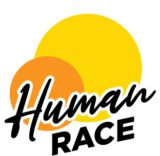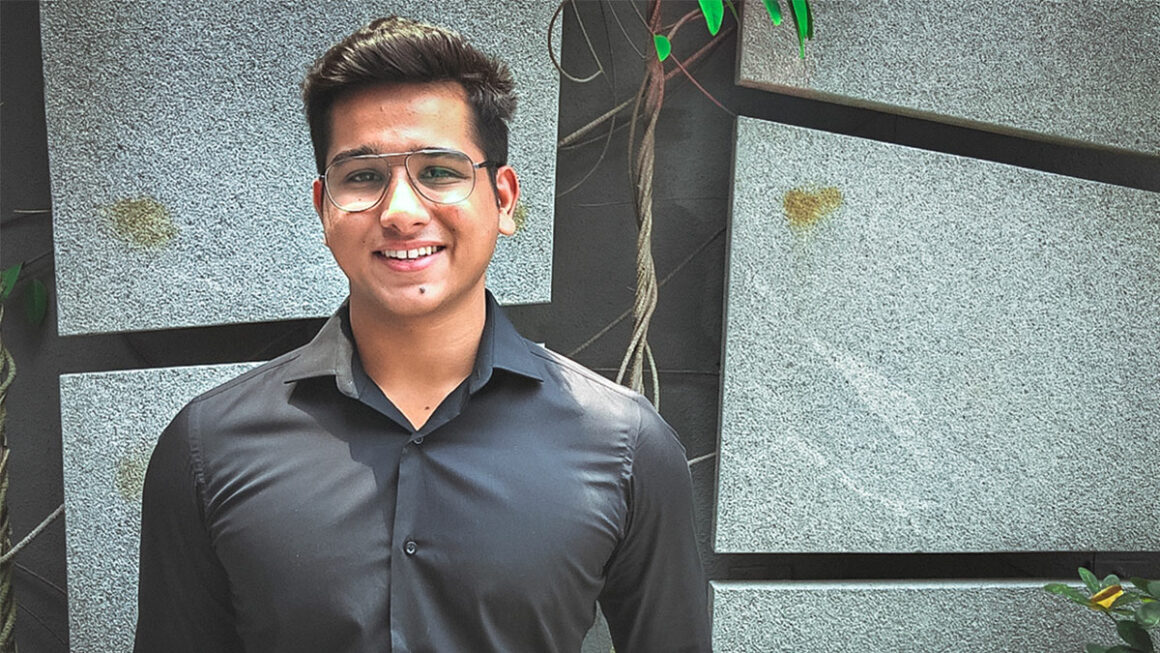The biggest role model in my life is my elder sister, Farah.
My sister has Down Syndrome. She may not lead a similar life to that of many people, but her life is no less fulfilling.
She is a great swimmer who has competed and won medals at many Special Olympics events. She is also very popular with people as she constantly emanates joy.
Every day, she inspires me with her strength in overcoming adversity, her sheer excitement for life, and her ability to love.
Truth be told, I didn’t use to be this supportive of my sister. In fact, when I was younger, I wanted little to do with her. I was embarrassed by all the attention she would draw when we were out in public. I couldn’t understand why she, as an elder sister, would behave the way that she did. And so, I avoided spending time with her outside of home.
I remember vividly the occasions she would show up at my kindergarten to pick me up from school. She would have a giant grin on her face and run into the classroom, looking for me. Thinking that my classmates would tease me for having a sister who was different, I was embarrassed and shied away.
Thankfully, as I got older and more mature, I started to see the world in a different light. Around the age of 16, after years of ignorance about Down Syndrome, I began to understand more about my sister’s condition. I also began to learn that my sister was extremely capable of achieving more than what I thought she could.
There was once my sister was interviewed as a guest on a national television talk show program, for her achievements as a swimmer. This got me thinking, if people unrelated to her could be so proud, how could I as a brother, be ashamed of her and alienate her?
And so, I started to spend more time with the Special Olympics movement too. I got to see my sister in her element. Little did I know that my sister was such a natural in the pool! She always gives her best during training, and even more so during competitions.
But the truth is it didn’t matter to my sister if she won championships or took home medals; it mattered more that people acknowledged her effort and celebrated the little wins. “You’re such a great swimmer, I’m so proud of you!” Every word of affirmation meant so much to my sister, and it was evident in the way she would light up and be motivated to train even harder.
I’m currently in my first year in college, studying finance and accounting. I hope to become a successful entrepreneur one day. But I also know I want to continue my volunteering journey with Special Olympics, to support not only my sister and other athletes, but also family members of the athletes.
People often wonder how I do it — manage my studies, attend my sister’s swim trainings and competitions, as well as volunteer at Special Olympics events all over the Asia Pacific region. Juggling these plates may not always be easy, but I wouldn’t have it any other way.
Through my time at Special Olympics, I’ve changed my perspective about people with intellectual disabilities and developed more empathy and respect. There is a multitude of things that people with intellectual disabilities can do that I can’t, and they really deserve more credit. Many of the athletes, including my sister, have made me realized that if I persevere, I can make my dreams come true.
I hope that more people would reach their turning point sooner than I did, recognizing the need to be more inclusive towards people with intellectual disabilities. With more awareness, more people can shed the same stereotypes as I had in the past.
I wish I can turn back the clock. I would have given my sister a big hug whenever she burst into the classroom. That I accepted and reciprocated her generous affection. But I know now that I’ve a lifetime ahead of me to love my sister and help the community of people with intellectual disabilities in Pakistan as well as around the world.

